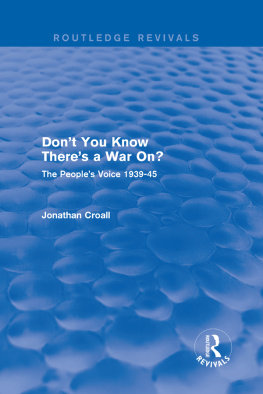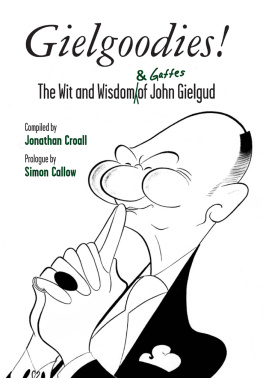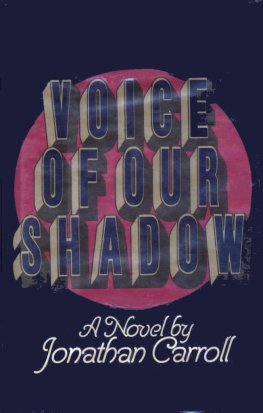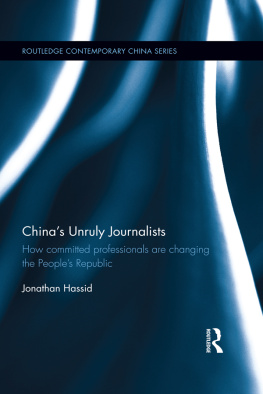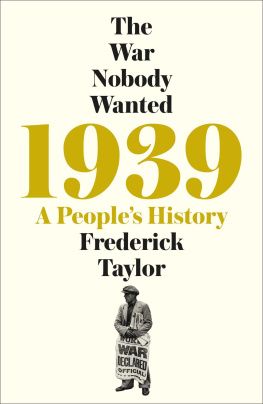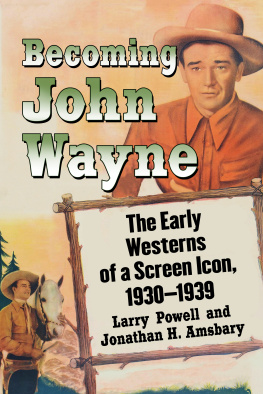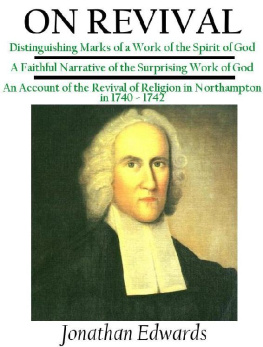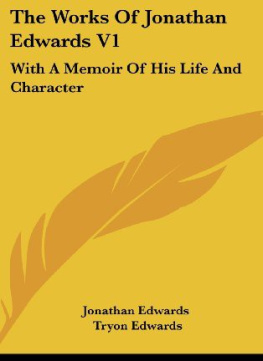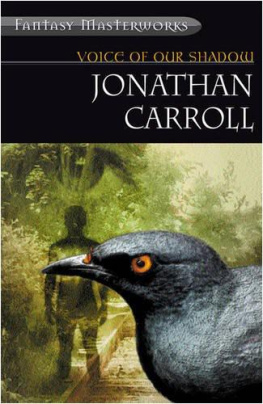Routledge Revivals
Dont You Know Theres a War On?
'We had a glimpse then of what life might be if men and women freely dedicated themselves, not to their appetites and prejudices, their vanities and fears, but to some great communal task.' So said J.B.Priestley in May 1945, reflecting on the behaviour of the British people during the war that had just ended. Yet was the country really united in the face of the common enemy? Did people actually put the communitys needs before their own? Or were such ideas simply a series of myths created at the time and nurtured ever since. The recollections in this book, first published in 1989, attempt to answer such questions by evoking the reality of life on the home front during the war years. Here is a uniquely personal portrait of a nation at war, extensively illustrated with photographs, diaries, letters, poems, and other memorabilia belonging to the men and women interviewed by the author. This vivid and absorbing book will be of particular interest to history students and teachers.
will give younger generations a vivid sense of what the experience of those years might have been like Angus Calder, author of The Peoples War
A wonderful act of respect for a generation, now too often sidelined, who have within them stories to make you hair curl. Times Educational Supplement
he has admirably captured the multi-faceted experience of the home front Norman Longmate, Sunday Times
gem-like interviews Peter Martin, The Times
Croall has done an excellent jobhe introduces each section with a judicious ration of context and framework. Jenni Calder, Scotland on Sunday
a profoundly disturbing but enthralling compilationevery facet of this troubled era is meticulously recorded Eastern Daily Press
Jonathan Croall is the author of more than twenty books, including Neill of Summerhill: The Permanent Rebel (1983). A former features editor of the Times Educational Supplement, he is now a full-time writer and biographer, specialising in theatre and film.
Dont You Know Theres a War On?
The Peoples Voice 193945
Jonathan Croall
First published in 1989
by Hutchinson Radius
This edition first published in 2015 by Routledge
2 Park Square, Milton Park, Abingdon, Oxon OX14 4RN
and by Routledge
711 Third Avenue, New York, NY 10017
Routledge is an imprint of the Taylor & Francis Group, an informa business
1989 Jonathan Croall
The right of Jonathan Croall to be identified as editor of this work has been asserted by her in accordance with sections 77 and 78 of the Copyright, Designs and Patents Act 1988.
All rights reserved. No part of this book may be reprinted or reproduced or utilised in any form or by any electronic, mechanical, or other means, now known or hereafter invented, including photocopying and recording, or in any information storage or retrieval system, without permission in writing from the publishers.
Publishers Note
The publisher has gone to great lengths to ensure the quality of this reprint but points out that some imperfections in the original copies may be apparent.
Disclaimer
The publisher has made every effort to trace copyright holders and welcomes correspondence from those they have been unable to contact.
A Library of Congress record exists under LC control number: 90119477
ISBN 13: 978-1-138-12433-2 (hbk)
ISBN 13: 978-1-315-64821-7 (ebk)
DONT YOU KNOW
THERES A WAR ON?
The Peoples Voice 1939-45
Jonathan Croall
For my aunt Betty
who took good care o f me during the war
Hutchinson Radius
An imprint of Century Hutchinson Ltd
6265 Chandos Place, London WC2N 4NW
Century Hutchinson Australia (Pty) Ltd
8991 Albion Street, Surry Hills,
NSW 2010, Australia
Century Hutchinson New Zealand Limited
PO Box 40-086, Glenfield, Auckland 10
New Zealand
Century Hutchinson South Africa (Pty) Ltd
PO Box 337, Bergvlei, 2012 South Africa
hirst published, and reprinted, 1989
Paperback first published 1989
Jonathan Croall 1989
Set in Perpetua by

Tek Art Limited, Croydon, Surrey
Printed and bound in Great Britain by
Butler & Tanner Ltd, Frome and London
ISBN 0 09 174258 7
Id like to thank wholeheartedly the hundred or so men and women who enabled me to put together this book by talking to me about their memories of the war years. It is in fact their book much more than it is mine. With some, I have been able to use most or all of the interview material. With others, it has only been possible to use a sentence or a paragraph in the section headings. For others still, it has been helpful to have the information they provided as background material. I am enormously grateful to everyone who helped in this wav. Id also like to say an extra word of thanks to those who were kind enough to give me hospitality as I travelled round the country.
Im also grateful to Laura Kamel at the Imperial War Museum, for helping me to trace some of my interviewees; to Dieter Pevsner, for suggesting I do the book in the first place, and for making some very constructive and helpful comments on my first draft; to Claire LEnfant and Nancy Lawrence at Hutchinson, for their editorial and design skills respectively; to Malcolm Ward, for his copy-editing and help generally; to Katherine Garsten, for her skilful proof-reading; to Deborah Clark, for organizing the production so well; and to my wife Jan and my sons Ben and Julius, for all their support and patience during the time I was researching and writing this book.
For permission to reproduce original documents, I am grateful to Jack Murrell, Olive Markham, Jean Drew-Edwards, David Hopkinson, Ethel Weeks, M an Davies, Kay Ekevall, E. A. Penny, Frank Mayes, Doreen Weeks, Alex Bryan, John Emburton, Arthur Lockwood, Betty Watts, Prudence Wendt and Pat Kettle. For permission to use illustrations I must thank in addition to those whose interview's are included in these pages Nick McCarty, Arthur Lockwood, Helen Briggs, Godfrey Stott, Alan Staley and Douglas Beavor.
We lived at last in a community with a noble common purpose, and the experience was not only novel but exhilarating. We had a glimpse then of what life might be if men and women freely dedicated themselves, not to their appetites and prejudices, their vanities and fears, but to some great communal task. We were, you see, better people than we had thought, (J. B. Priestley, BBC Radio, 17 May 1945)
Dont you know theres a war on? was a familiar catchphrase. The tobacconist retorted with it when customers complained about the shortage of cigarettes. Doesnt she know theres a war on asked the clippie when a well-dressed woman Jussed about the lack of seats in the bus. Dont you know theres a war on? asked the irate Churchillian householder when an independent candidate appeared to solicit his vote, (Angus Calder, The Peoples War)
The second world war has been described as the last time we were all happy. As an historical statement this is manifestly nonsense, a sick joke even. War invariably brings suffering, even when the conflict is confined to opposing armed forces. Between 1939 and 1945, the civilian population in Britain was exposed to the grim realities of war to an unprecedented degree. Even man, woman and child was in the firing line, most dramatically at the moment of expected invasion in the summer of 1940. This was of course the position of civilians in Europe and Asia too. Such vulnerability reached its dreadful apogee in the fate of the civilian populations of Hiroshima and Nagasaki, whose destruction by atom bomb signalled both the end of the second world war and the dawn of a new and infinitely more dangerous age.


 Tek Art Limited, Croydon, Surrey
Tek Art Limited, Croydon, Surrey
